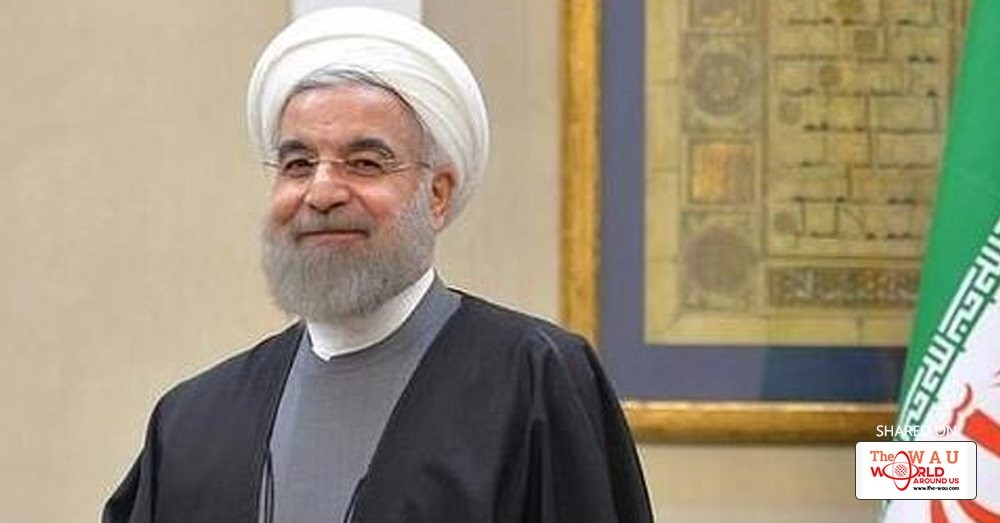Iranian President Hassan Rouhani has appointed two women as vice-presidents and one as a civil rights assistant.
Rouhani's decision came after he faced criticism by reformists for naming an all-male cabinet, who accused him of bowing to pressure from the country's conservative religious establishment.
The cabinet must still be approved by parliament.
In his previous term, Rouhani had appointed three female vice-presidents.
Iran's presidential election: Hassan Rouhani reelected after decisive victory
On May 20, Iranian President Hassan Rouhani won a decisive victory in the country's election, earning him a second term in office.
Rouhani secured 57% of the total 41.2 million votes cast, avoiding a second-round run-off.
Rouhani, a moderate, has pushed for the nuclear deal with world powers which helped ease international sanctions in exchange for the country's commitment to limit its nuclear program.
Who has Rouhani named as vice-presidents?
Rouhani has named Masumeh Ebtekar as vice-president for family and women's affairs, Laya Joneydi for legal affairs and Shahindokht Mowlaverdi for civil rights.
Mowlaverdi said Iran was "treading water" through an all-male cabinet.
In Rouhani's previous government, both Mowlaverdi and Ebtekar served as vice-presidents.
It's unlikely that parliament would reject the chosen cabinets as the nominees are approved by Supreme Leader Ayatollah Ali Khamenei.
Rouhani's election victory came, thanks to support from reformists
In May, Rouhani beat hardliner Ebrahim Raisi in a presidential election after vowing he would continue his mandate to improve the country's civil liberties and rebuild ties with the West.
He had also called for increased participation of women in politics and culture.
This earned him support from Iran's reformists and moderates.
Rouhani faces a difficult job balancing Iran's reformists and powerful conservatives.
Share This Post















